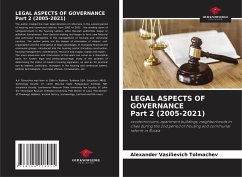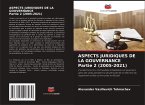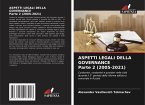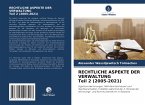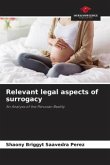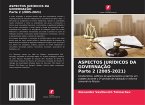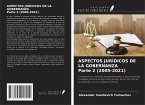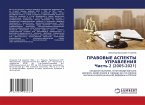The author studied the main legal direction of reformers in the second period of housing and communal reforms from 2005 to 2021 - the winding down of self-government in the housing sphere, when Russian authorities began to withdraw homeowners from decision-making and began to form new financial and communal monopolies in the management of housing and communal services. The author points out the danger of elimination of citizens' self-organization and the emergence of legal advantages of monopoly financial and communal groups, introduced into the housing sector (including construction, housing management, maintenance, resource and supply, capital and repair). The main provisions and conclusions of the work can serve as a theoretical basis for further legal and philosophical-legal study of the problem of determining the status of modern housing legislation, as well as for practical use by lawyers, politicians, managers in the housing and communal sphere, political technologists, municipal officials, homeowners, etc.
Bitte wählen Sie Ihr Anliegen aus.
Rechnungen
Retourenschein anfordern
Bestellstatus
Storno

